She was born in Budapest, on the banks of the Danube River in 1935. As a result of a series of anti-Jewish measures which Hungary had enacted, her father was taken from his home in the middle of the night, placed in a working camp, and from there was sent to the freezing borders of Russia to walk in front of the armed forces as a live mine detector. She never saw him again. With the German occupation of Hungary in 1944, and the confiscation of apartments occupied by Jews, she was saved by her mother, who sent her along with her younger brother to hide in a secluded monastery in the countryside; they did not have to experience the genocide of Auschwitz-Birkenau.
When the Soviets liberated Budapest on February 13th, 1945, the little family began its long and painful journey. Without food, shelter, clothing, or education, they became refugees, walking through wounded Europe for years, until arriving at a camp in Greece. Her mother was convinced by representatives of the Zionist project to go to Palestine. By that time, the British had imposed restrictions on Jewish immigration, leaving holocaust survivors with nowhere to go. Jewish volunteers secretly assisted them by arranging transport to the shores of Palestine on the eve of the foundation of the State of Israel. Her name was changed from Helena to Judith, she slowly learned the language, and became a Zionist in the most secular, liberal way. After completing her military service, she became a baby nurse, and met her husband, a young, German-born and enthusiastic horticulturist who had just returned from a 7-year study in California, determining to change the face of the local fruit industry. The two built a home and had the most beautiful family in a small village in young Israel.
We tend to think that people who suffered, who experienced hardship, darkness, and loss become harsh, angry, and pessimistic; that those who have been through poverty and persecution cannot find hope and positive vitality. But she proved that the opposite is true. From those ashes of WWII, from the pain and loss, she emerged as the kindest, most compassionate, sensitive, and loving person I have ever met. She left the horror behind and developed supreme optimism. She never expressed negative emotions, was never judgmental or critical, but instead always cheerfully looked after everyone’s needs. From her, I learned to dream, to open my heart, and in her, I saw the power of giving and the beauty of forgiveness. She taught me to always be authentic and honest, that when you are good and kind, you enter people’s hearts. She taught me how to be a mother. Because she was my mother. To Judith Ohad (1935-2020).

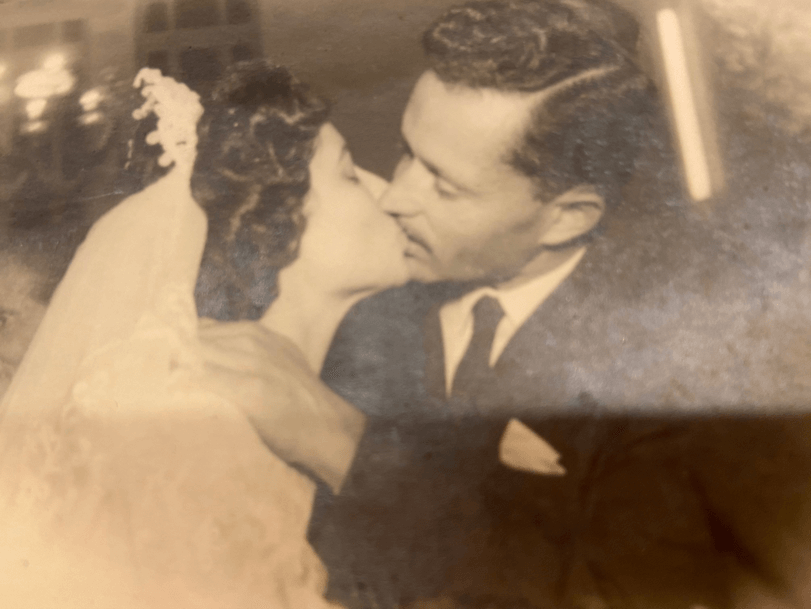
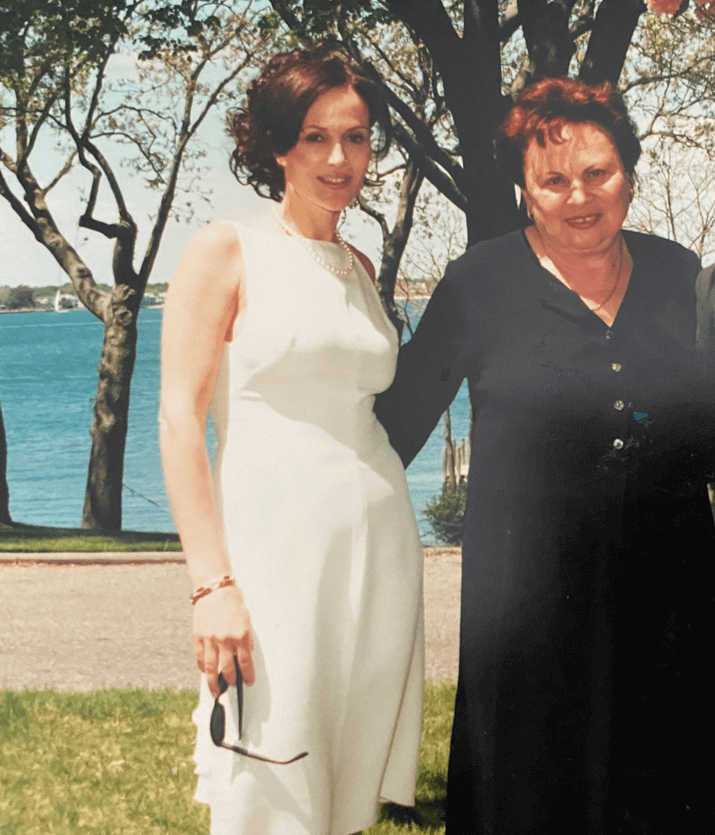
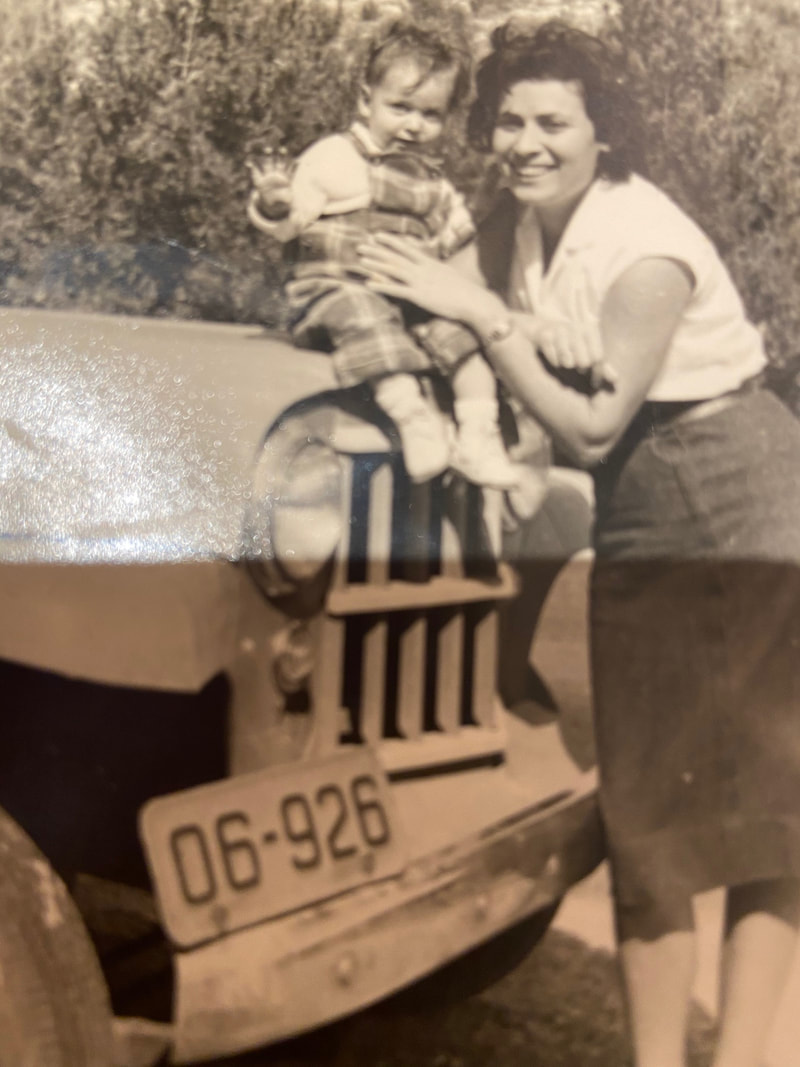
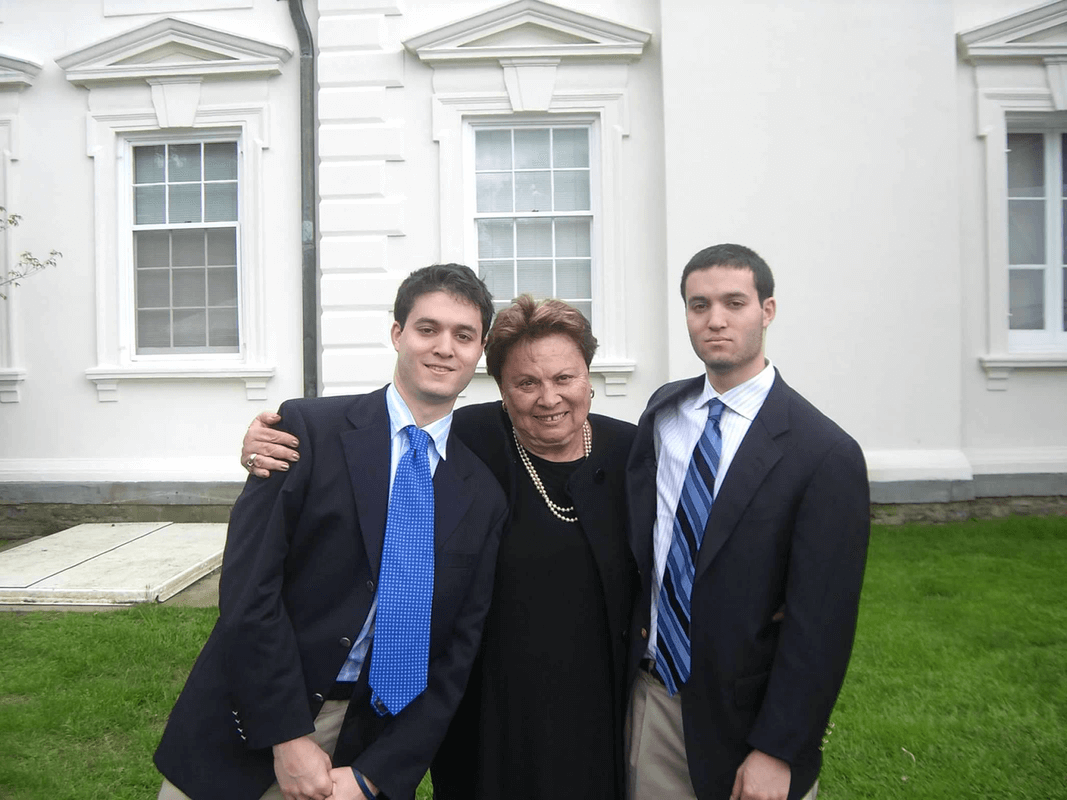
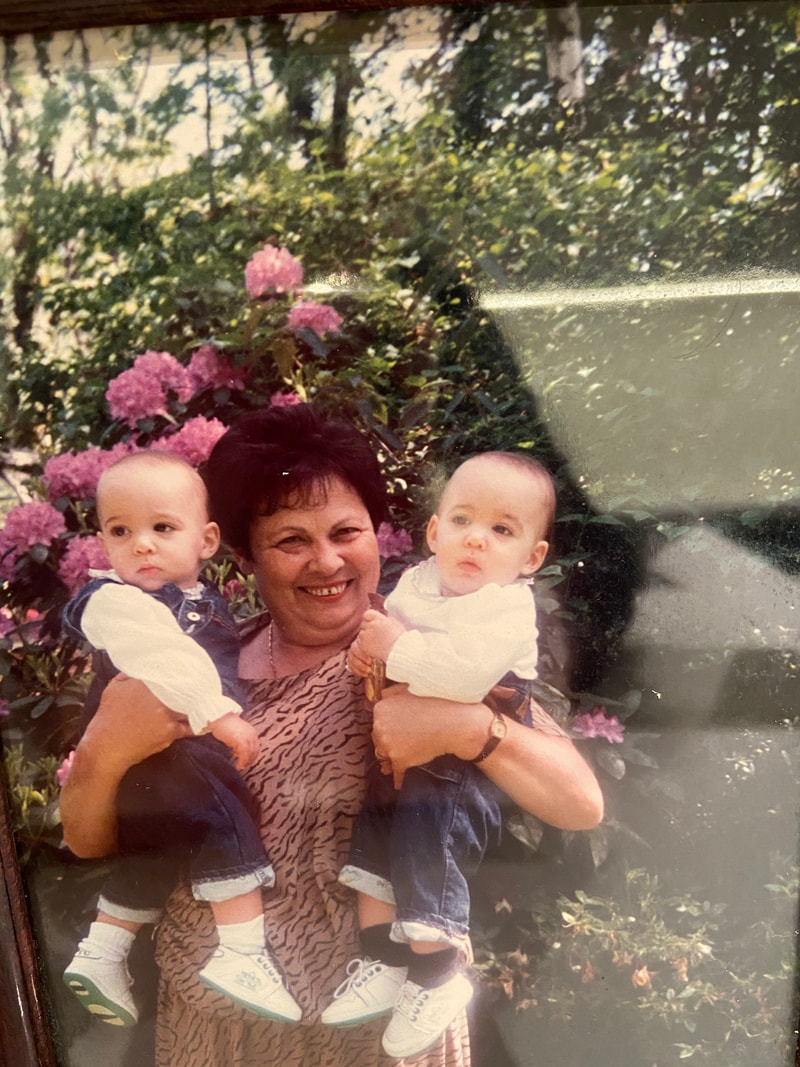
what a beautiful story Daniella- do you have siblings?